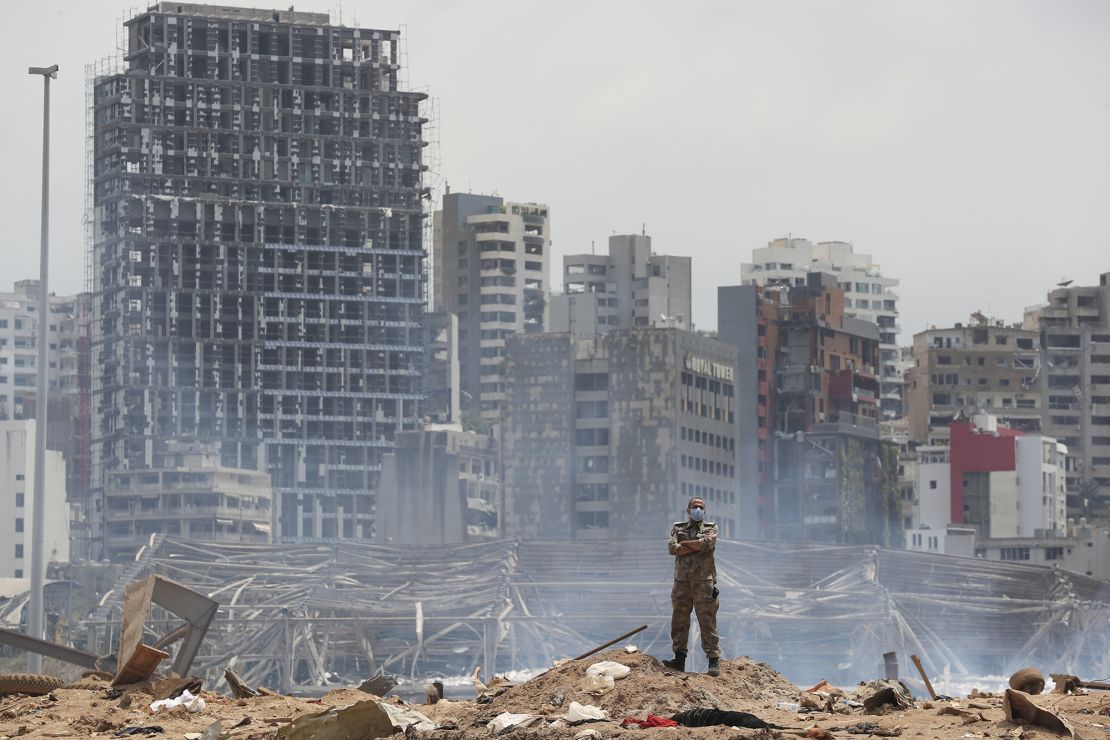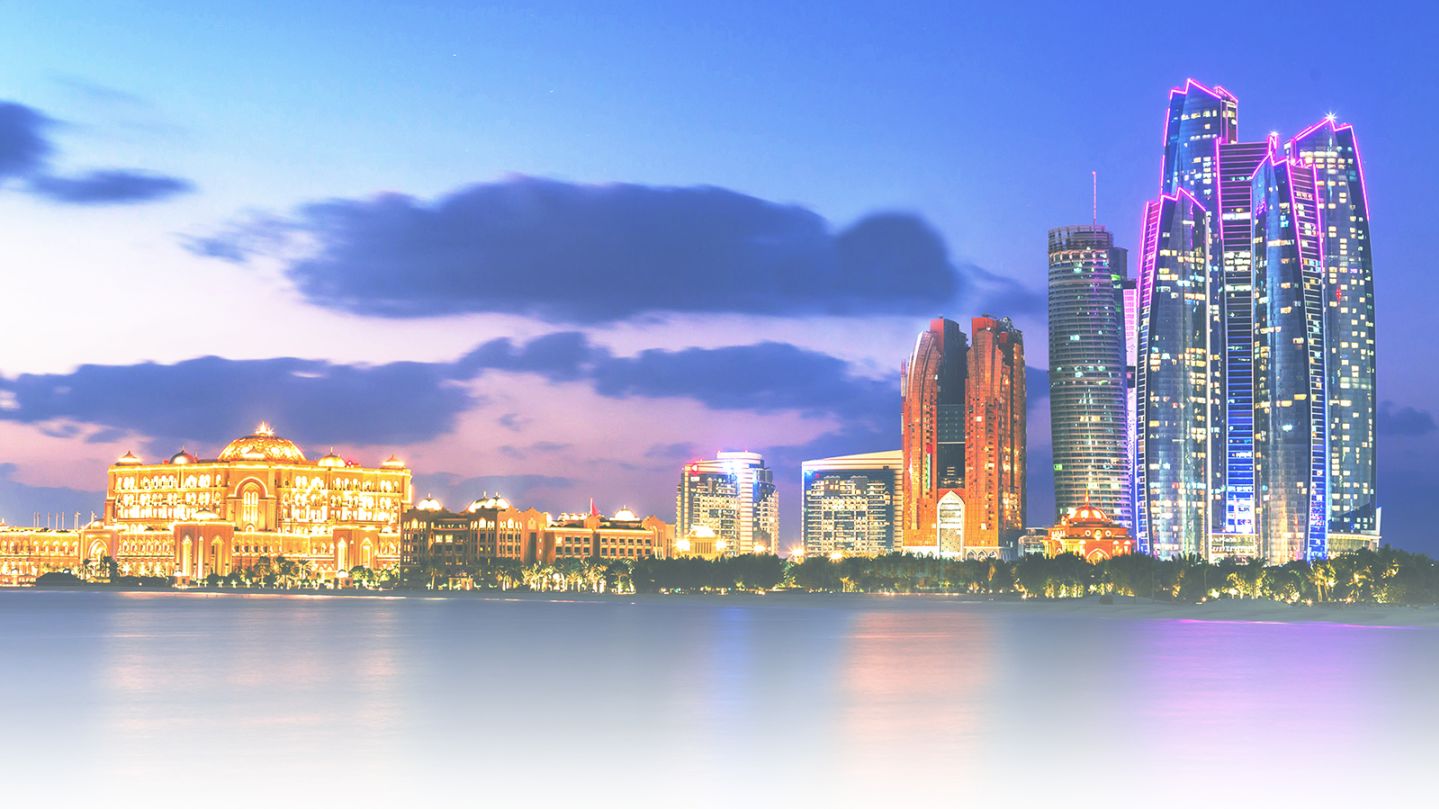Editor’s Note: Becky Anderson is the host of CNN International’s “Connect the World With Becky Anderson.” She is also the Managing Editor of CNN Abu Dhabi where she is based. The views expressed in this commentary are her own. Read more opinion on CNN.
The monstrous explosion that tore into the early evening of a mid-summer’s night this past Tuesday in Beirut is, whatever way you cut it, just the latest manifestation of the multitude of endless avenues of miserable corruption that have plagued the country for generations.
Lebanon’s political oligarchy engages in kleptocracy with a rampant intensity unlike almost anywhere in the region, seemingly unrestrained by any sense of public compassion or institutional necessity. There is an apparatus of corruption that has, for decades, hollowed the entire country from the inside out in an endless cycle of dysfunction and theft.
Now, that bottomless dispassion has culminated in much of its capital being reduced to something akin to a post-apocalyptic cityscape. The blast radius stretched far beyond the limits of the city, leaving virtually nothing within it untouched.
As the dust settles and the magnitude of the disaster and human tragedy becomes apparent, many are left with big questions. Why was 2,750 metric tons of ammonium nitrate – a potentially explosive chemical compound – stored in the port without safety measures for six years? Who knew about it? And who turned a blind eye to how vulnerable it left millions of people?
The catastrophe, though, is just the latest, most flagrant declaration of a paradigm of dysfunction: as government after government has failed to do its most fundamental job – and look after its people.
Basic – and I mean basic – services are amiss or not reliable.
The electricity cuts off throughout the day. The rich have generators that kick in to ensure a non-stop supply, but the poor – the majority of the country – suffer along without it for as much as 20 hours a day.
And the situation has been worsening in recent months as a crippling and unprecedented economic crisis in the country has impoverished even more of the population. Almost one third of the country doesn’t have a job. The country’s currency has evaporated at a velocity almost unseen in modern economics – the Lebanese pound has lost roughly 80% of its value in less than a year.

In 2016, the government was so consumed with its own bickering that trash collection in large parts of Beirut stopped. A long, meandering river of garbage snaked its way through the city’s nearby hillsides, creating a rancid stench that hung in the air for months.
Then, just last year, wildfires ravaged their way through Lebanon’s cedar forests, the same tree depicted on the country’s national flag. The country’s three firefighting helicopters couldn’t go and help. The government hadn’t funded their maintenance. They sat, idle and useless, on the ground.
The common thread – from trash pileups to this week’s massive explosion – is willful neglect. The political elite enriching themselves at the expense of a population whose needs have been repeatedly ignored.
It seemed all of this was finally catalyzing into change. In October 2019, protesters surged into the street across the country; at some points, up to a million people, were outside shouting “kulyan-yani-kulyan” – everyone means everyone. Exhausted by a plague of oppressive corruption, the protesters wanted to see the entire political class go.
And what changed? The short answer: nothing.
A few faces shuffled back and forth, but the fractious, feudalistic systems meant to serve the country, not benefit from it, remained the same.
The Lebanese civil war ended almost 30 years ago – and the country seems as bad as ever, its future as bleak.
So now Beirut, the city once seen as the “Paris of the Middle East,” nestled between the aquamarine waters of the Mediterranean and the stunning hills of Mont Liban, sits scarred and ruined on a scale still incomprehensible.
It’s easy to shrug and imagine that the vastness of the apparatus of embezzlement is simply the way things are. But this week’s blast was not inevitable.
The economic crisis was not inevitable.
The power cuts were not inevitable.
Nor the lack of basic other systems.
Across Lebanon’s political spectrum, one ideology reigns supreme: what’s in it for me?
But then, what’s left for the people? Nothing, all too often, but despair.







